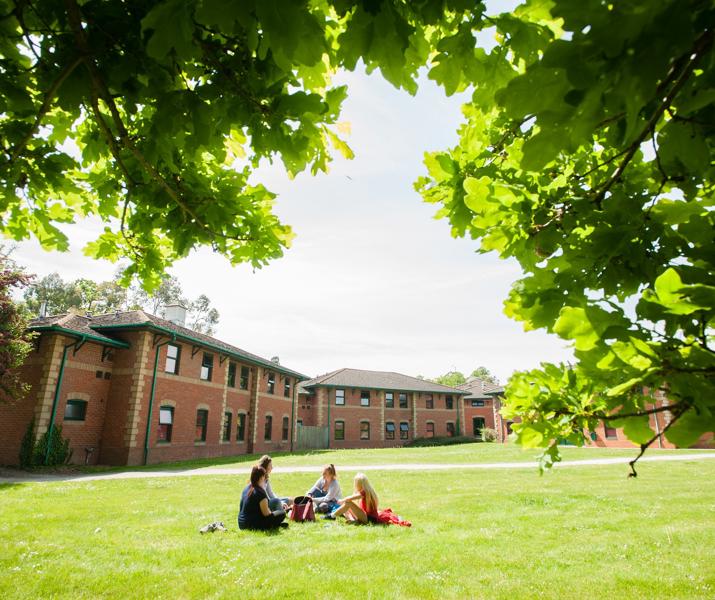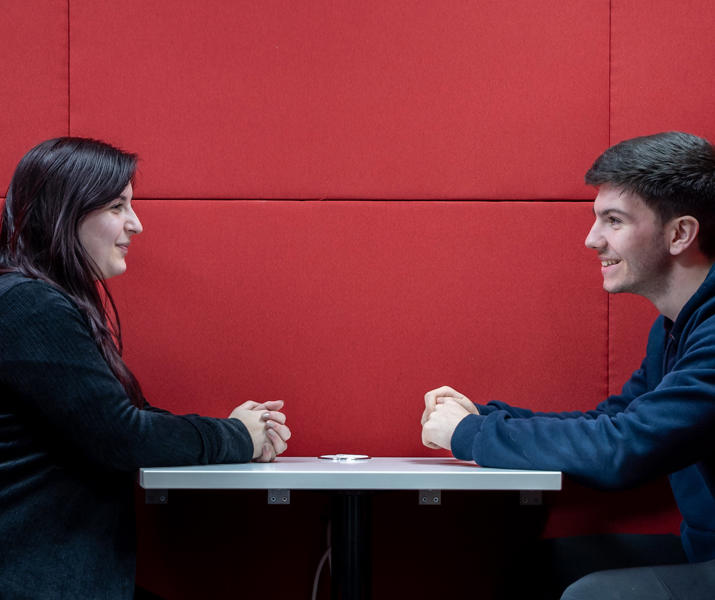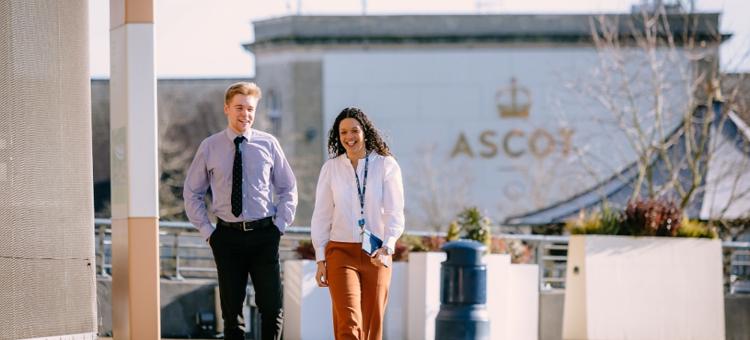Your career
Industry opportunities on this course are diverse to ensure you develop the skills, experience and connections needed for your graduate career. Many of our students secure graduate roles with their work placement employers.
Work placements and experience
These form part of compulsory modules, alongside an optional integrated placement year. We’ll support you to secure a placement with a UK-based or international employer, to match your interests and career goals. Placements can be paid or unpaid, depending on the position. Previous students have used these opportunities to explore new areas of the racing and bloodstock industries.
Our county of Gloucestershire is renowned for horseracing and hosts one of the world’s most prestigious annual race meetings – the Cheltenham Festival. The county is home to some of the world’s most prestigious racehorse trainers and racing facilities, which we make good use of to facilitate real world learning.
















